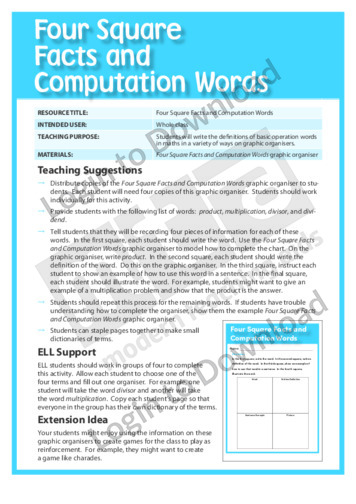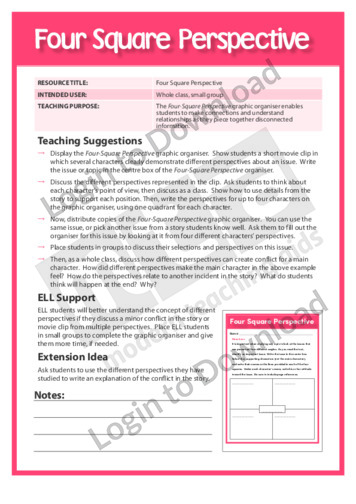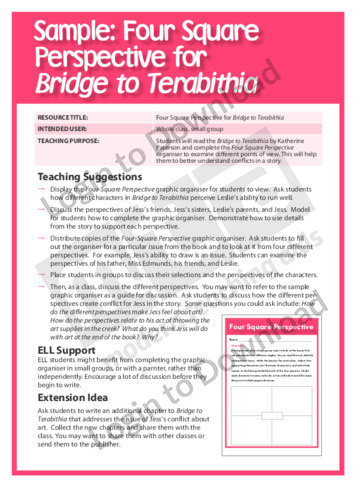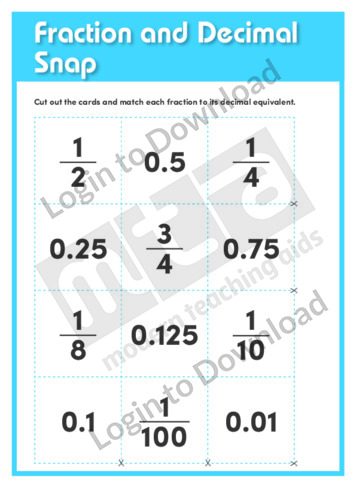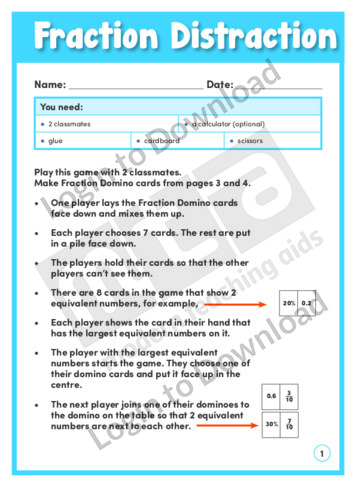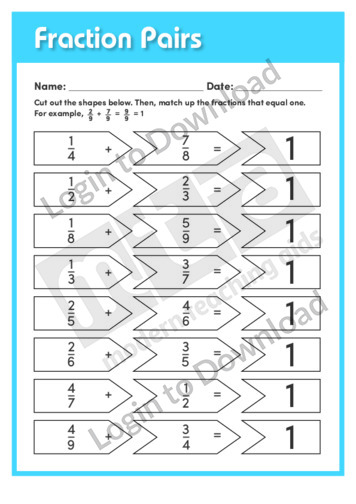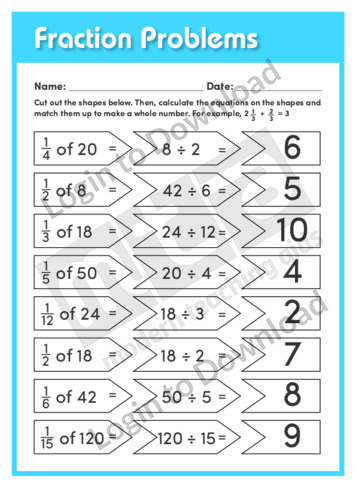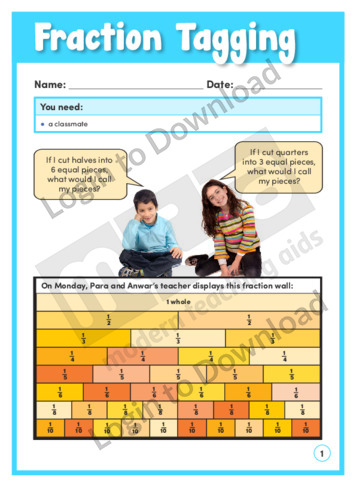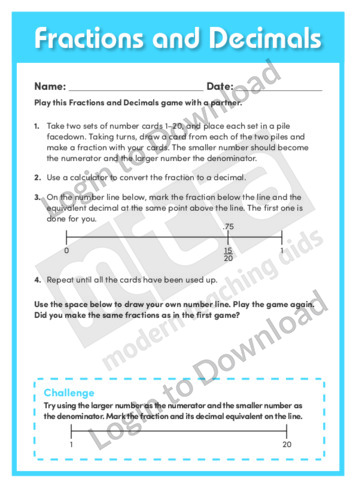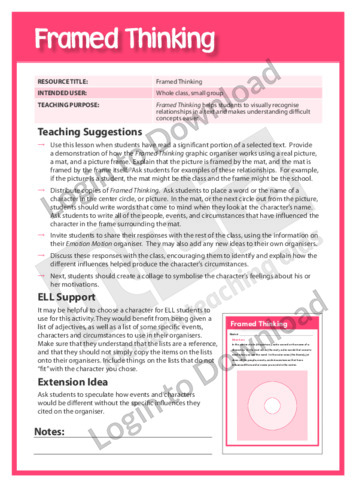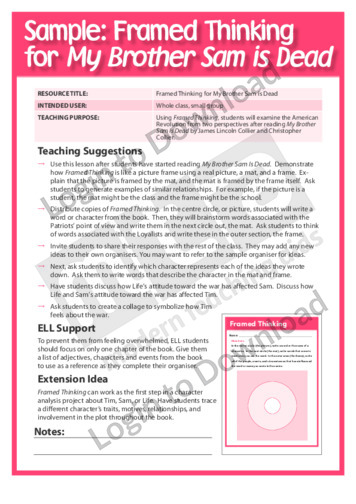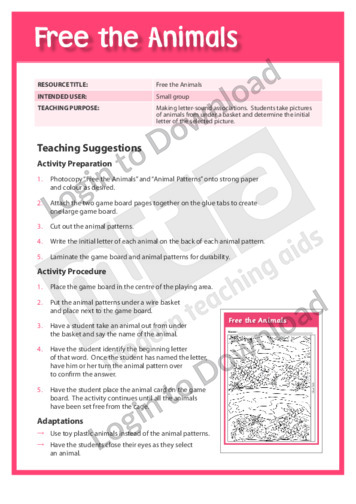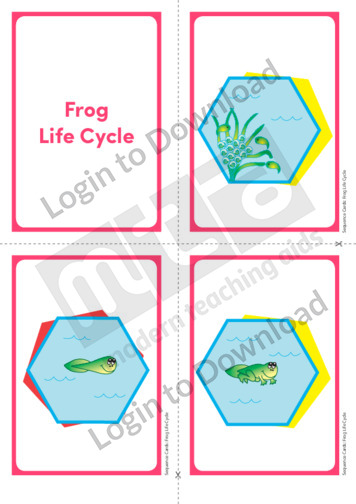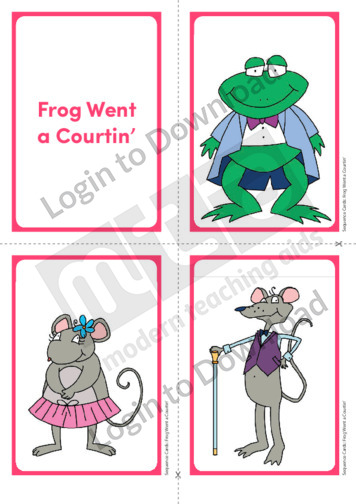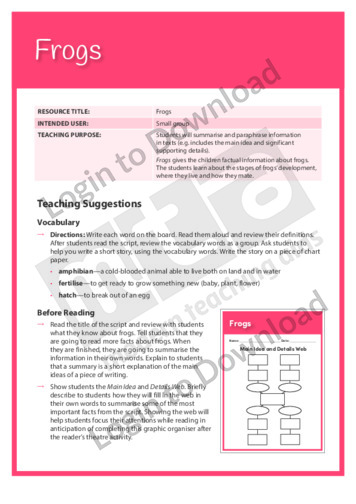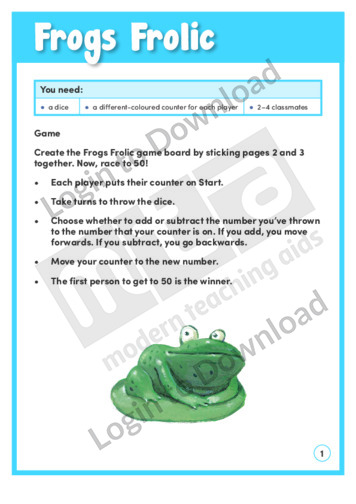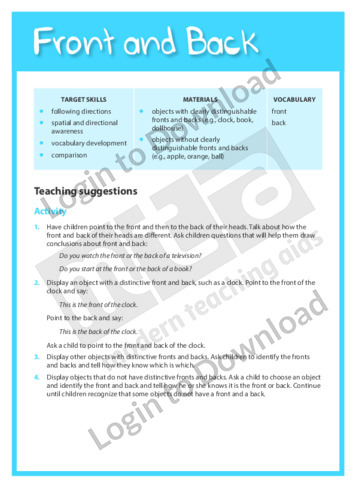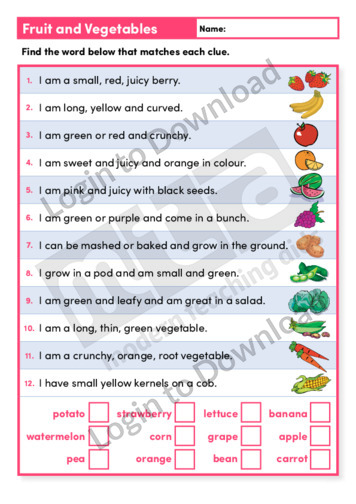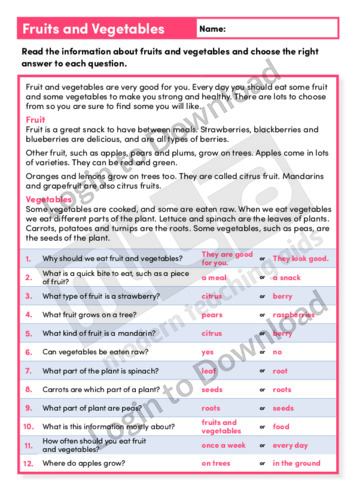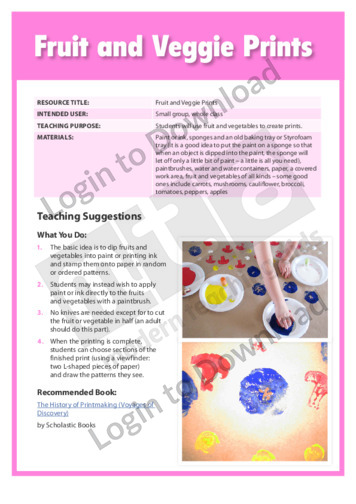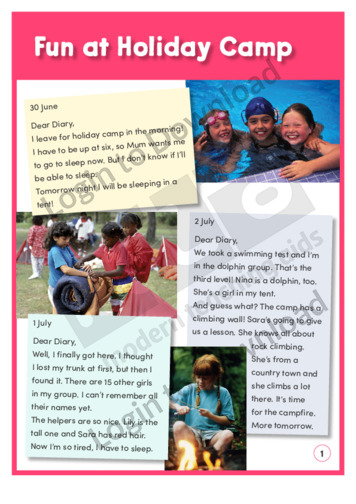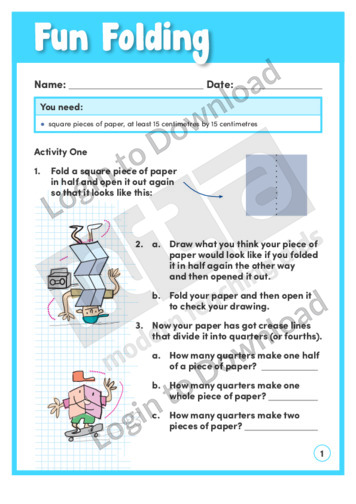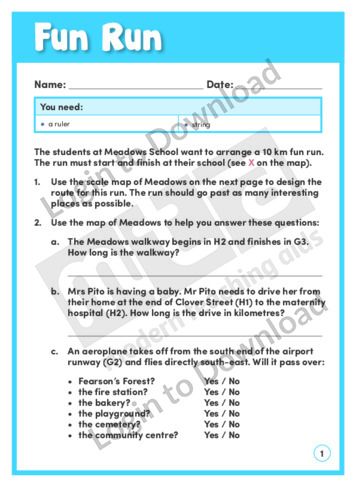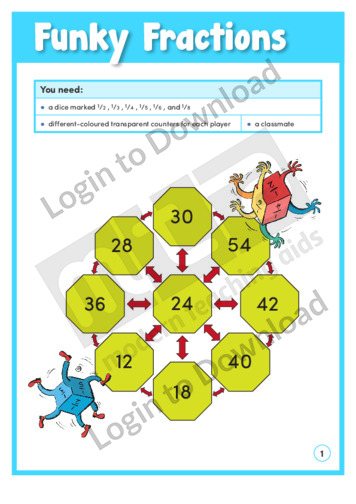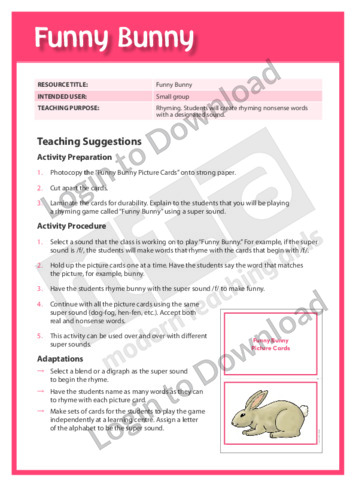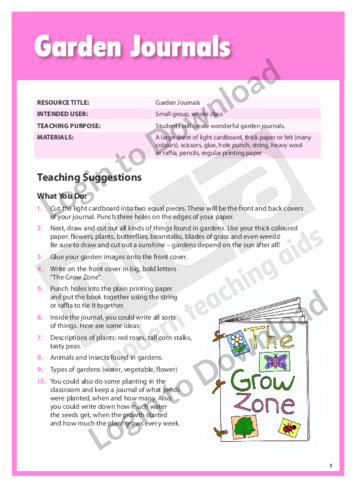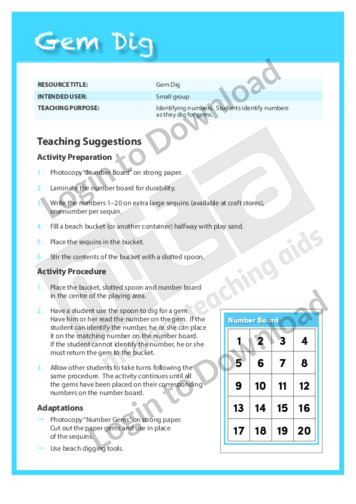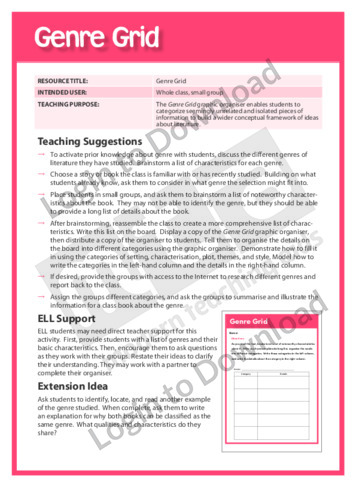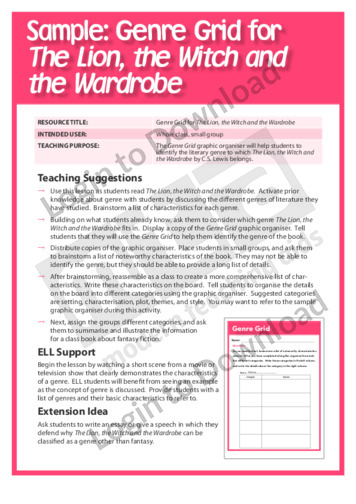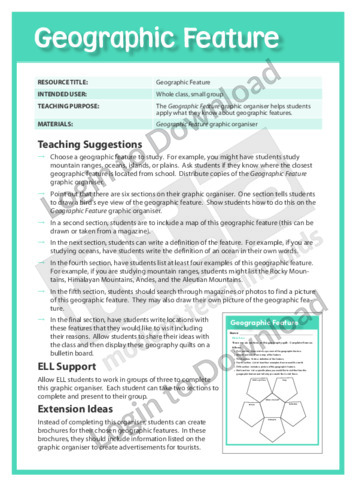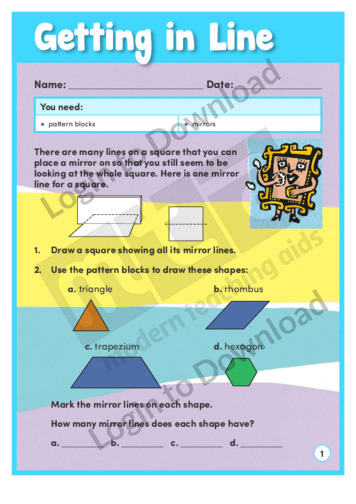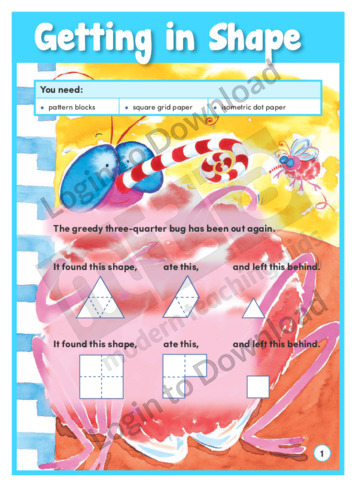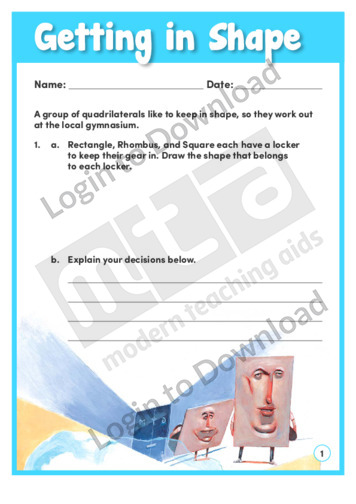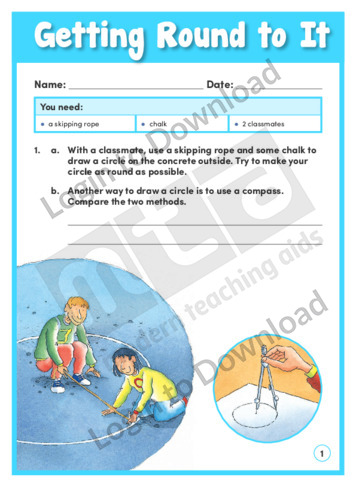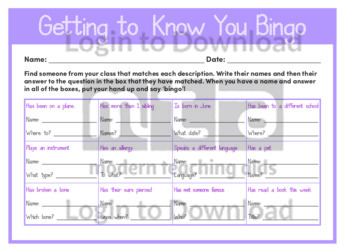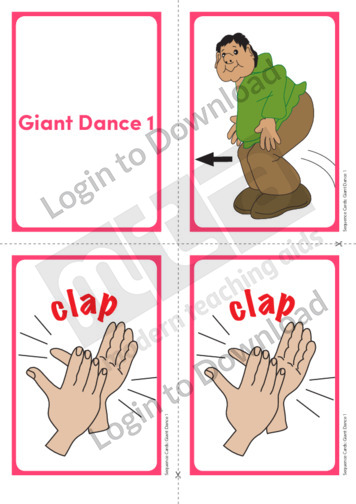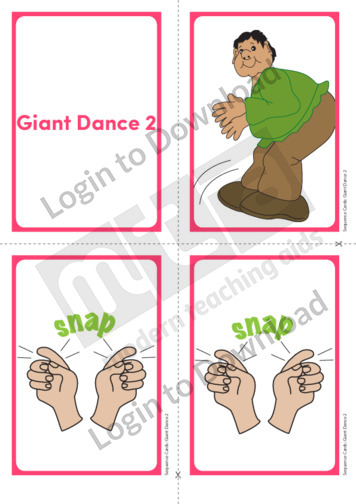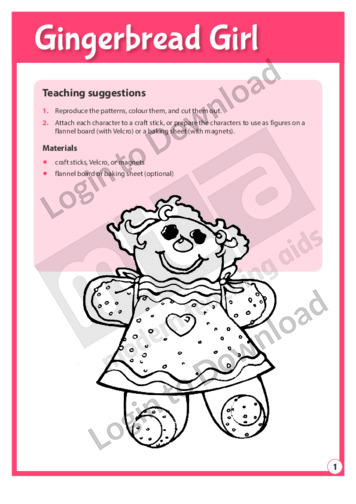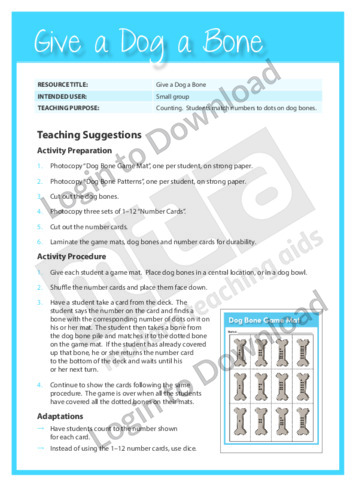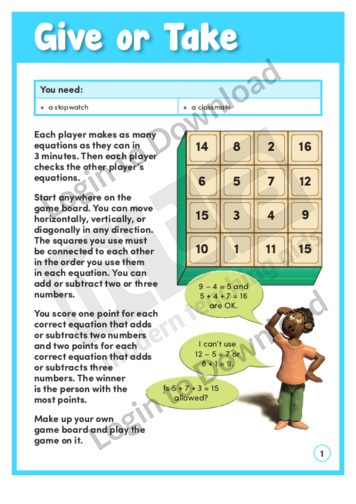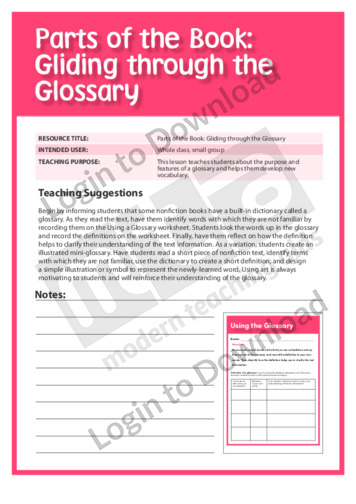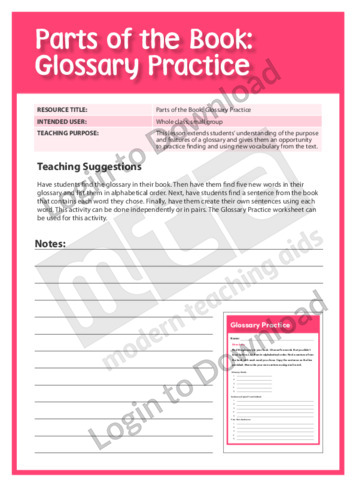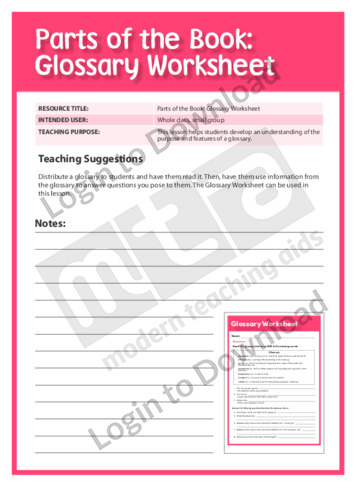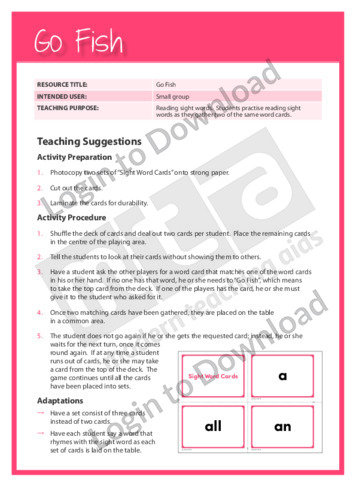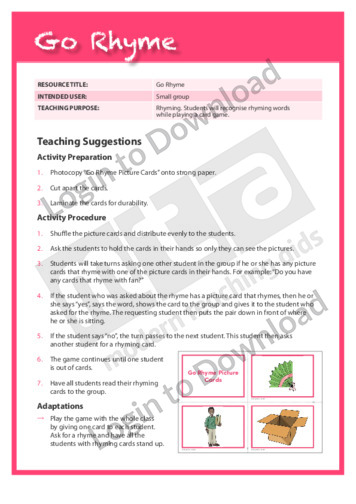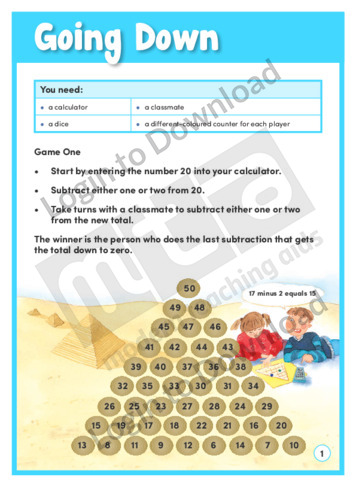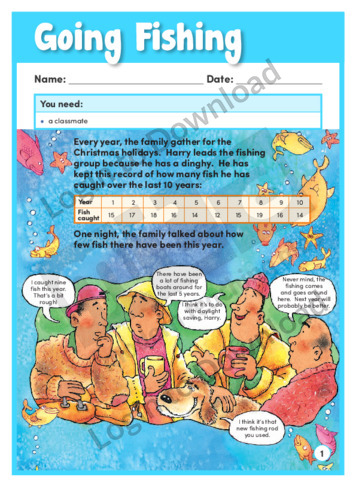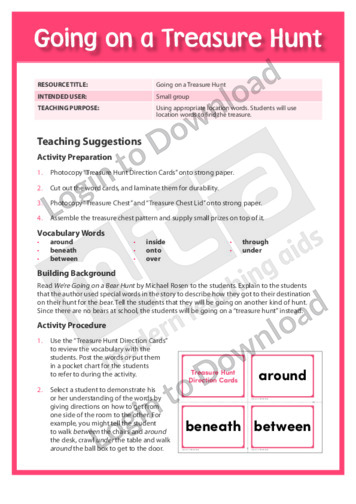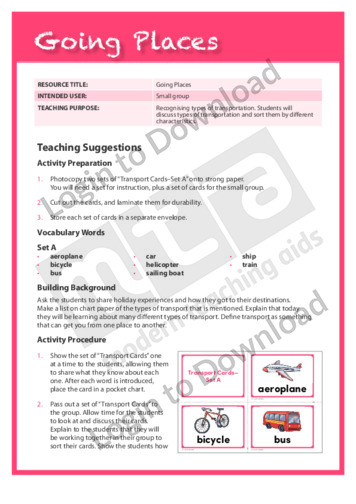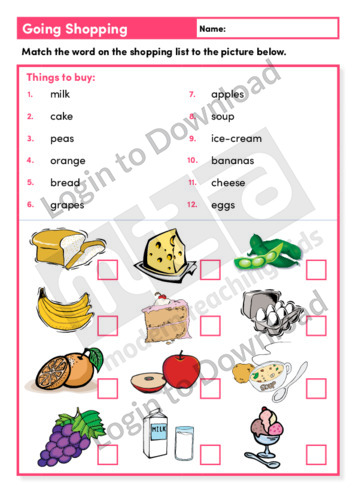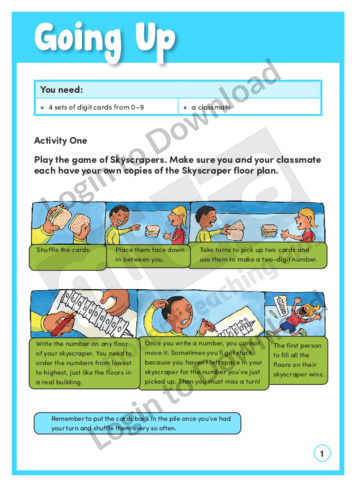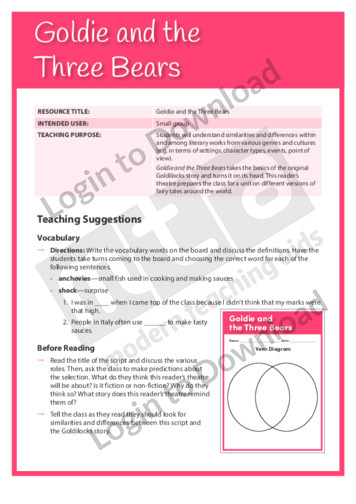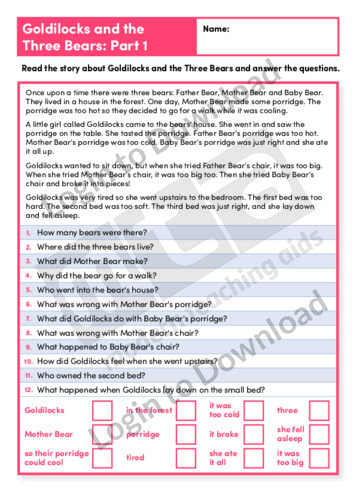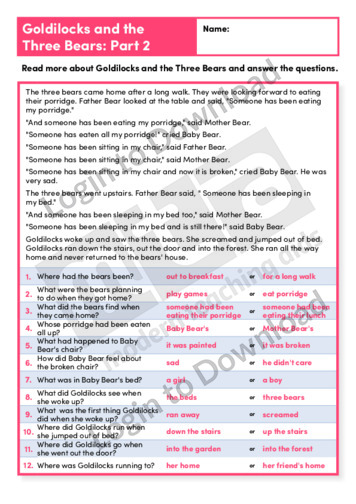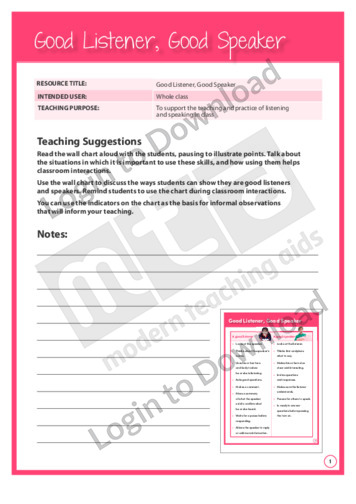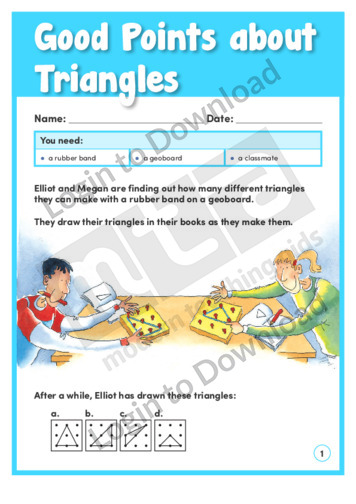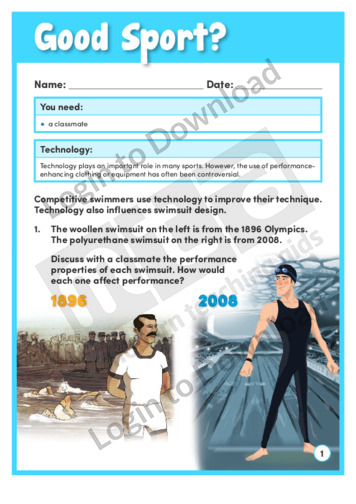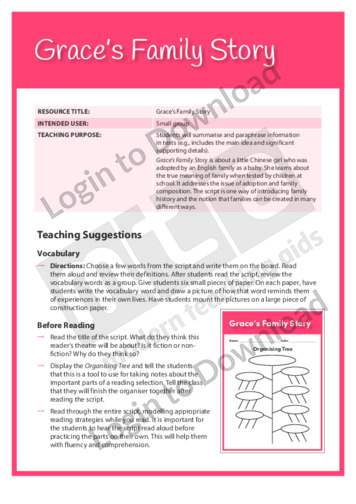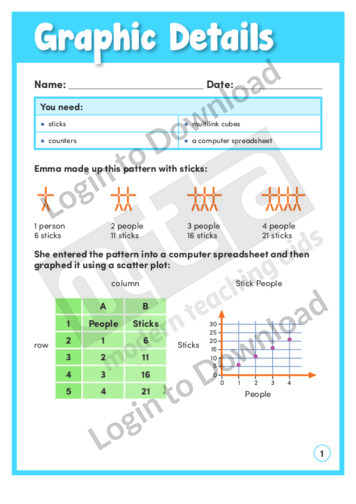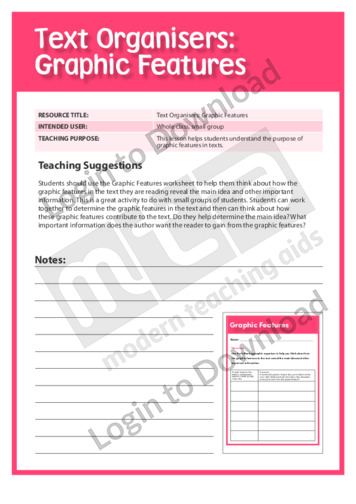This graphic organiser, ‘Four Square Facts and Computation Words’ allows students to write the definitions of mathematical basic operation words in a variety of different ways.
This graphic organiser, ‘Four-Square Perspective’ enables students to make connections and understand relationships as they piece together disconnected information.
This graphic organiser, ‘Four-Square Perspective for Bridge to Terabithia’ asks students to examine different points of view in order to better understand conflict in a story.
This fractions and decimals learning activity, ‘Fraction and Decimal Snap’ asks students to practise with equivalent fractions and decimals.
The domino game, ‘Fraction Distraction’ includes copymasters for making a set of domino cards. Students use their knowledge of equivalency between fractions, decimals, and percentages to use their cards. This activity includes comprehensive teaching notes to be read before beginning the activity with students, as they feature useful background information and suggestions for supporting learning. …More
This fractions learning activity, ‘Fraction Pairs’ asks students to practise combining fractions to equal one.
This fractions learning activity, ‘Fraction Problems’ asks students to practise combining fractions to make a whole number.
In the learning activity ‘Fraction Tagging’ a wall with bricks of different sizes is used as a model for demonstrating equivalence between a variety of fractions. Given one value, students need to identify the value of other ‘bricks’ on the wall. After solving problems using four different walls, students create their own fraction wall with …More
This fractions learning activity, ‘Fractions and Decimals’ asks students to practise converting between fractions and decimals.
This graphic organiser, ‘Framed Thinking’ helps students to visually recognise relationships in a text and makes understanding difficult concepts easier.
This graphic organiser, ‘Framed Thinking for My Brother Sam Is Dead’ asks students examine the American Revolution from two perspectives after reading My Brother Sam Is Dead by James Lincoln Collier and Christopher Collier.
This reading activity, ‘Free the Animals’ supports reading development by encouraging students to take pictures of animals from under a basket and then determine the initial letter of the selected picture. It is aimed at developing students’ awareness of letter-sound associations. It provides a game board and animal picture cards.
This sequencing activity, ‘ Frog Life Cycle’ develops comprehension through sequencing images about a frog’s life cycle from egg to adult.
This sequencing activity, ‘Frog Went a Courtin” develops comprehension through sequencing images about the story of Frog Went a Courtin’.
This Readers Theatre activity, ‘Frogs’ encourages students to summarise and paraphrase information in texts. It also builds reading fluency. This activity includes a script for 6 readers.
This learning activity, ‘Frogs Frolic’, features instructions and a delightfully illustrated board for a game for two to four players. The game helps students practise mental strategies for addition and subtraction. The accompanying teaching notes include suggestions for supporting learning and further exploration.
This Beginning Maths activity, ‘Front and Back’ encourages students to develop spatial and directional awareness by identifying the front and back of various objects.
This vocabulary activity, ‘Fruit and Vegetables’ supports vocabulary development by encouraging students to identify words using clues.
This reading activity, ‘Fruit and Vegetables’ provides opportunities for practice with reading a passage about fruit and vegetables and answering comprehension questions.
This art project ‘Fruit and Veggie Prints’ enables students to create prints using fruits and vegetables. It is aimed at developing students’ awareness of basic artistic procedures. It provides a list of materials, easy-to-follow step-by-step art instructions and a recommended art book.
This content area reading activity, ‘Fun at Holiday Camp’ is an English based reading comprehension exercise encouraging students to add their own ideas to what they read for a fuller understanding.
In the learning activity, ‘Fun Folding’, students are challenged to explore equivalent fractions of a region and fractions that are greater than one. An answer sheet is provided and includes accompanying teaching notes with suggestions for supporting learning and further exploration.
This learning activity, ‘Fun Run’, includes a scale map of a town and asks students to design a fun run route. Students use the map to estimate distances. An answer sheet is provided and includes accompanying teaching notes with suggestions for supporting learning and further exploration.
This engaging game, ‘Funky Fractions’ can be played by two classmates. Using a dice, counters and the game board, students apply their knowledge of division and multiplication facts to find fractions of numbers. This activity includes comprehensive teaching notes to be read before beginning the activity with students, as they feature useful background information and …More
This phonemic awareness activity, ‘Funny Bunny’ supports language development by encouraging students to create rhyming nonsense words with a designated sound. It is aimed at developing students’ awareness of rhyming. It provides picture cards.
This art project ‘Garden Journals’ enables students to create garden journals. It is aimed at developing students’ awareness of basic artistic procedures. It provides a list of materials, easy-to-follow step-by-step art instructions and a recommended art book.
This maths activity, ‘Gem Dig’ develops basic maths skills by encouraging students to identify and match numbers as they dig. It is aimed at developing students’ knowledge of numbers. It provides number boards.
This graphic organiser, ‘Genre Grid’ enables students to categorise seemingly unrelated and isolated pieces of information to build a wider conceptual framework of ideas about literature.
This graphic organiser, ‘Genre Grid for The Lion, the Witch and the Wardrobe’ helps students to identify the literary genre to which The Lion, the Witch and the Wardrobe by C.S. Lewis belongs.
This graphic organiser, ‘Geographic Feature’ helps students apply what they know about geographic features.
In this learning activity, ‘Getting in Line’, students use pattern blocks and mirrors to find the lines of symmetry in various shapes and patterns. An answer sheet is provided and includes teaching notes with suggestions for supporting learning and further exploration.
A greedy bug has been at work in this learning activity, ‘Getting in Shape’ and students have to find out what shapes he has eaten. This intriguing activity challenges students to use different methods to understand the concept of three quarters. An answer sheet is provided and includes accompanying teaching notes with suggestions for supporting …More
The amusing learning activity, ‘Getting in Shape’ shows three geometric shapes as they go to the gym. Students use what they know about the properties of each shape to decide which exercise machine they should use – and which shower cubicle they can use. An answer sheet is provided and includes teaching notes with suggestions …More
This learning activity, ‘Getting Round to It’, explores the difference between a circle and an ellipse. It shows students how to draw the shapes on concrete using a skipping rope and chalk. An answer sheet is provided and includes accompanying teaching notes with suggestions for supporting learning and further exploration.
This ice-breaker game, ‘Getting to Know You Bingo’ is a great activity that helps students get to know their new classmates. It is a well-known game in the style of a scavenger hunt where students must make their way around the room trying to find a classmate who matches each of the descriptions in the …More
This sequencing activity, ‘Giant Dance 1’ develops comprehension through sequencing images about the steps to the Giant Dance.
This sequencing activity, ‘Giant Dance 2’ develops comprehension through sequencing images about the steps to the Giant Dance.
This early learning activity, ‘Gingerbread Girl’ provides cut-outs to make stick puppets of characters that feature in the accompanying story.
This maths activity, ‘Give a Dog a Bone’ develops basic maths skills by encouraging students to count the number of dots on the dog bones. It is aimed at developing students’ knowledge of counting. It provides a dog bone game mat, dog bone cards and number cards.
This learning activity, ‘Give or Take’ is a game similar to Boggle. It is played by two or more students to make and solve simple addition and subtraction equations using two or three numbers. Students have to make as many equations as they can in three minutes. They check each others’ work and score points. …More
This content area reading learning activity, ‘Gliding through the Glossary,’ teaches students about the purpose and features of a glossary. It is aimed at helping students develop new vocabulary by having them look up unfamiliar words in the glossary and record the definitions on a worksheet.
This content area reading learning activity, ‘Glossary Practice,’ extends students’ understanding of the purpose and features of the glossary. It is aimed at giving students an opportunity to practice finding and using new vocabulary from the text.
This content area reading learning activity, ‘Glossary Worksheet,’ helps students develop an understanding of the purpose and features of the glossary. It encourages students to use information from the glossary to answer questions posed to them.
This reading activity, ‘Go Fish’ supports reading development by encouraging students to practise reading sight words as they gather two of the same word cards. It is aimed at developing students’ awareness of sight words. It provides sight word cards, uppercase alphabet cards and lowercase alphabet cards.
This phonemic awareness activity, ‘Go Rhyme’ supports language development by encouraging students to recognise rhyming words while playing a card game. It is aimed at developing students’ awareness of rhyming. It provides rhyme picture cards.
This learning activity, ‘Going Down’ has two games for students to play with classmates. In one game, they subtract numbers from 20 on a calculator. In the other game, they roll dice to subtract a number from 50. An answer sheet is provided and includes accompanying teaching notes with suggestions for supporting learning and further …More
The amusing learning activity, ‘Going Fishing’ shows a group of fishermen discussing the reasons they haven’t caught many fish. Students study a graph their results and compare them with the reasons the men give for the variations in their catch. Students then make predictions based on the patterns shown in the graphs. An answer sheet …More
This vocabulary development activity, ‘Going on a Treasure Hunt’ supports vocabulary development by encouraging students to use location words to find treasure. It is aimed at helping students use appropriate location words. It provides treasure hunt direction cards, a treasure chest template and a treasure chest lid template.
This vocabulary development activity, ‘Going Places’ supports vocabulary development by encouraging students to discuss types of transport and sort them by different characteristics. It is aimed at helping students recognise types of transport. It provides transport cards.
This vocabulary activity, ‘Going Shopping’ supports vocabulary development with words related to shopping.
Students use this learning activity, ‘Going Up’ to play two games. In one game, they use the cards to number the floors of a skyscraper. In the other game, they take turns making numbers to reach 100. An answer sheet is provided and includes accompanying teaching notes with suggestions for supporting learning and further exploration.
This Readers Theatre activity, ‘Goldie and the Three Bears’ encourages students to understand similarities and differences within and among literary works from various genre and cultures. It also builds on reading fluency. This activity includes a script for 7 readers.
This reading activity, ‘Goldilocks and the Three Bears Part 1’ provides opportunities for reading about Goldilocks and the Three Bears and answering comprehension questions.
This reading activity, ‘Goldilocks and the Three Bears Part 2’ provides opportunities for reading more about Goldilocks and the Three Bears and answering comprehension questions.
This learning activity, ‘Good Points about Triangles’, prompts students to use a nine-pin geoboard to investigate triangles. It asks students to make similar and congruent triangles and to discuss why they can’t make an equilateral triangle on their geoboard. Students can record their triangles on the geoboard grid page. An answer sheet is provided and …More
In the interesting learning activity, ‘Good Sports?’ students learn about and discuss the use of technology to improve swimmers’ performances. They use graphs and tables to evaluate the impact of changes, and form opinions about the fairness of using technology to enhance performances. This activity includes comprehensive teaching notes to be read before beginning the …More
This Readers Theatre activity, ‘Grace’s Family Story’ encourages students to summarise and paraphrase information in texts. It also builds reading fluency. This activity includes a script for 6 readers.
With the learning activity, ‘Graphic Details’ students use graphs and spreadsheets to predict the values of further items in different sets of patterns. They can use materials to support their thinking, but the challenge is to use other methods to solve the problems. An answer sheet is provided and includes accompanying teaching notes with suggestions …More
This content area reading learning activity, ‘Graphic Features,’ helps students understand the purpose of graphic features in texts. It has students work together to determine the graphic features in the text and then think about how these graphic features contribute to the text.
It�s that easy!

